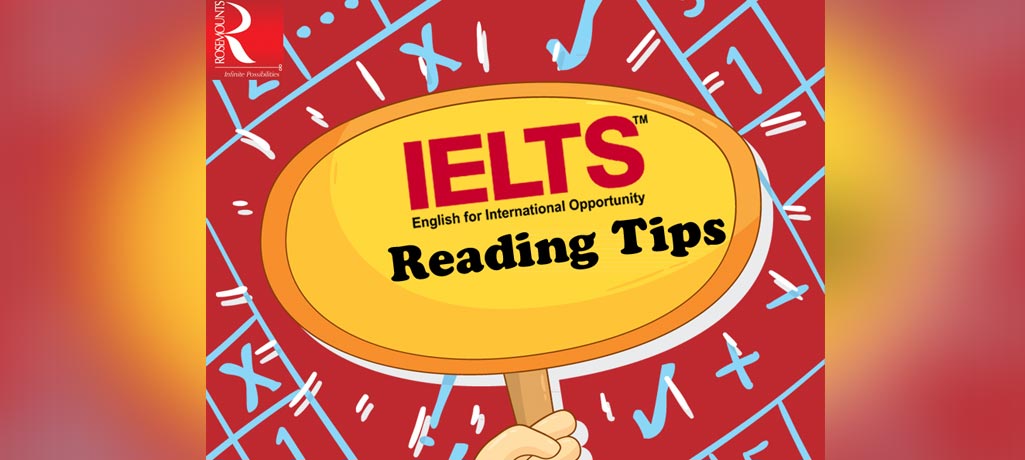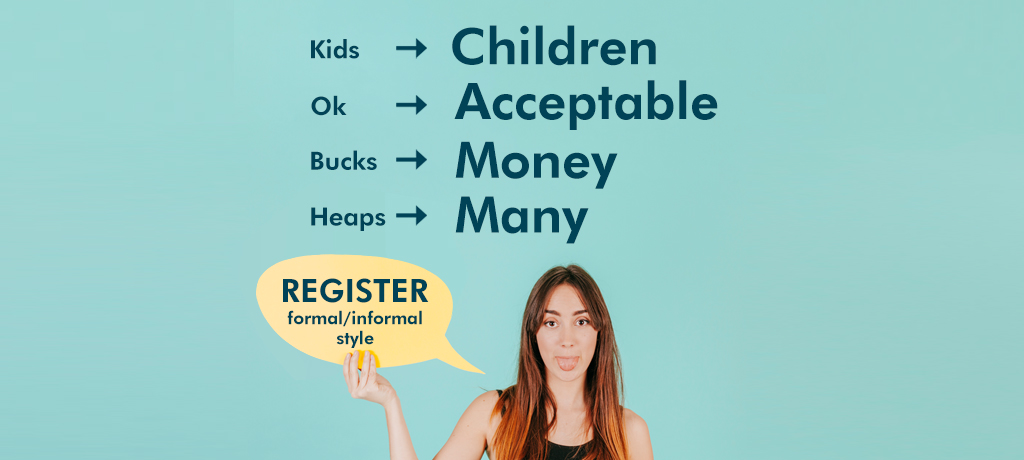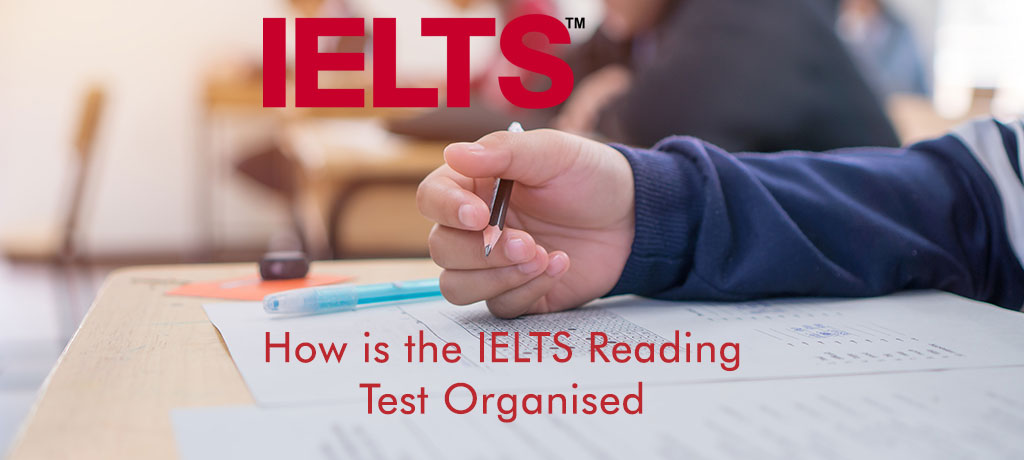Many test takers have written to tell us that they believe a good score is unattainable for non-native English speakers. “Scoring 9.0 on IELTS Reading is extremely difficult for people whose first language is not English,” they said. They’re not going to be able to remember all of that difficult vocabulary.” On the IELTS Reading Test, you may undoubtedly come across several unfamiliar words.
But don’t be concerned — it’s quite natural!
The primary purpose of the IELTS Reading section is to assess your ability to comprehend what you’ve read. So it’s fine if you don’t understand some words; you can assume their meaning and still score a band 9!
Surprisingly, the majority of test takers lose marks not because of a lack of knowledge, but because of basic errors! As a result, we’ve compiled a list of 10 IELTS Reading strategies that will help you achieve a good score on the exam:
- Look over everything and keep an eye out for the solutions
Only seeking for the main ideas is referred to as skimming. You don’t have to read every word carefully. Remember, all you have to do is answer the questions. So browse through the text and begin hunting for answers.
- Keep an eye on the clock
Remember that you only have 60 minutes to read three texts and respond to 40 questions. You will not be given more time to complete your answer sheet, so make sure you plan ahead.
- Is your spelling correct?
Before you write your response in the answer box, double-check your spelling. If the answer is spelled wrong, you will receive zero points.
- Read the instructions carefully
In most cases, the questions will follow the order of the text. As a result, the answer to question 5 will be followed by the answer to question 4, and so on.
- Underline!
Underline the most essential terms as you skim through the text. It will assist you in saving time when looking for answers.
- There can be words that you are not that familiar with? That’s fine!
Don’t be concerned if the material appears foreign or if you don’t recognise some of the words. You don’t need any more knowledge to succeed because all of the answers are in the book.
- Pay close attention to the small print
Look over the text carefully. Capital letters, underlining, italics, figures, graphs, and tables, among other things, are likely to be important.
- There are no empty boxes
Answer all of the questions honestly, even if you’re not sure. You won’t be penalized if you answer incorrectly, so take a chance and write the most likely response.
- Cross out any incorrect responses
If you see an answer that you know is incorrect, cross it out. This way, you won’t be perplexed and you’ll save time.
- Select your own method
It may seem unusual at first, but… there is no definitive answer as to which technique is best for you. You should decide how you will look for correct answers and what you will do first: read questions or read text.
The majority of successful applicants like to read the content first and then respond to the questions. However, some argue that doing things the other way around is preferable. The best solution to this is that you practice IELTS Reading samples to see which strategy best suits you.
If you follow these IELTS Reading guidelines, you will almost certainly improve your score. But don’t forget that reading practice is essential for IELTS Reading success.







